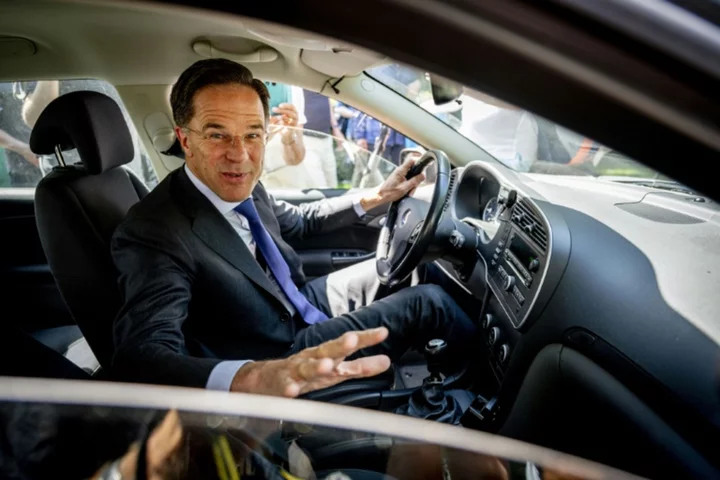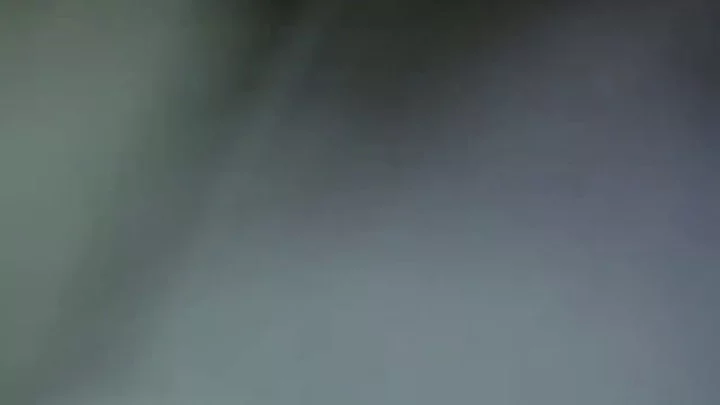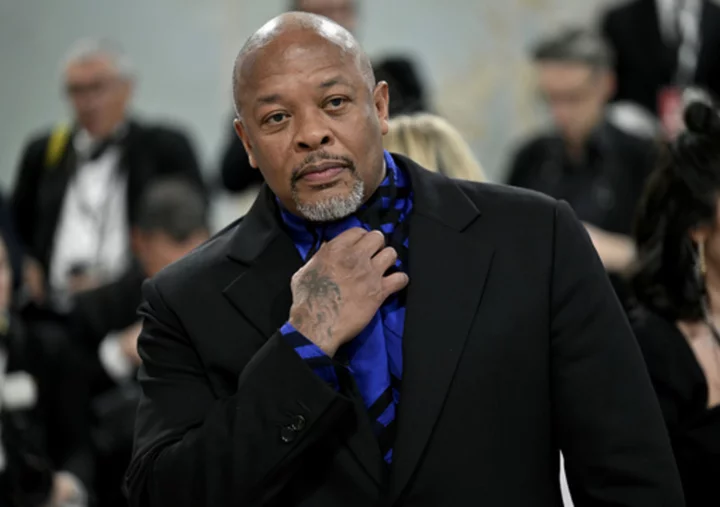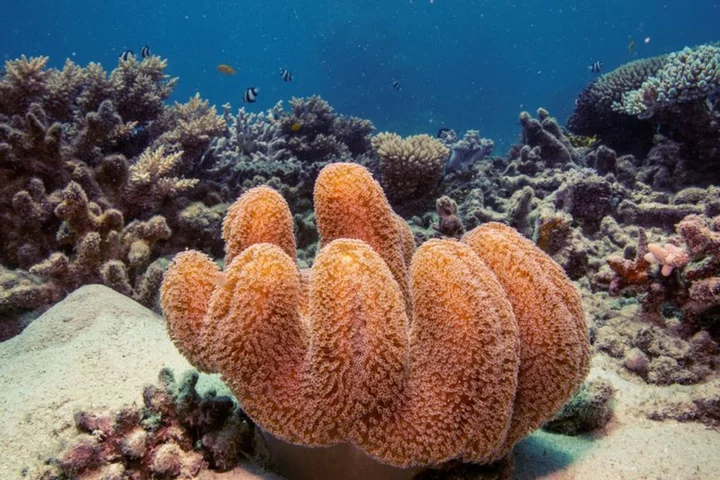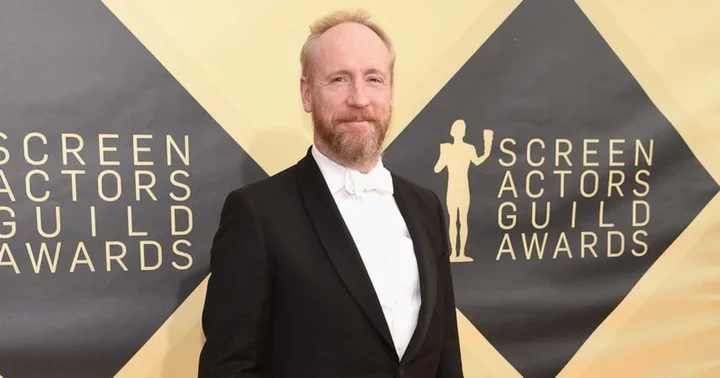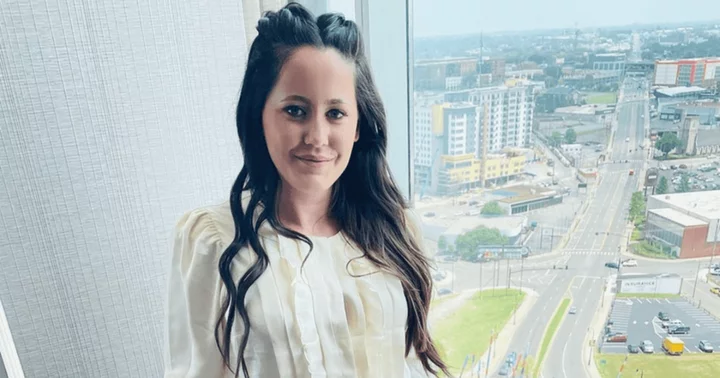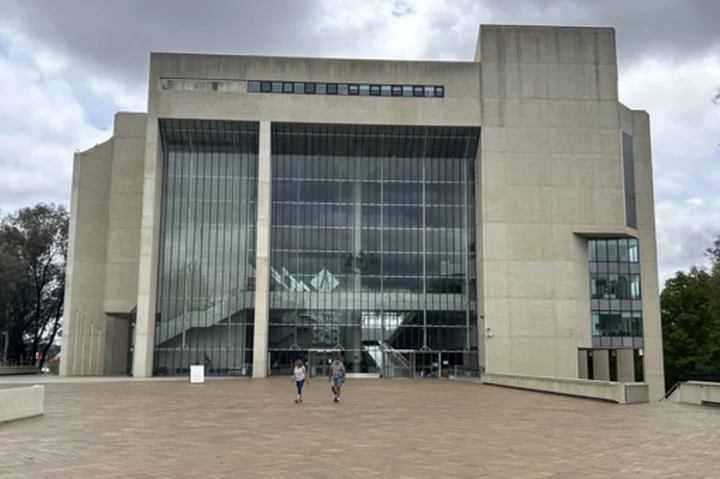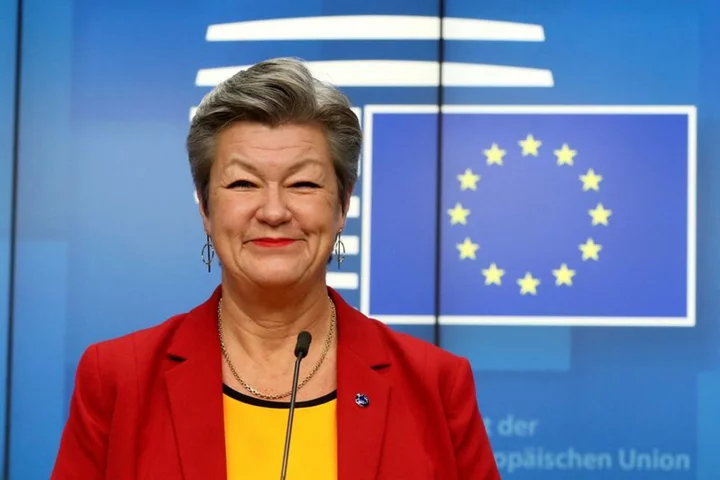Dutch Prime Minister Mark Rutte announced Monday he was quitting politics after nearly 13 years in power, in a shock end to his time as the longest-serving leader in the history of the Netherlands.
Nicknamed "Teflon Mark" for surviving scandals that hit his four governments, the centre-right leader said he would stand down after elections sparked by the collapse of his latest coalition over a row about migration.
The second longest-serving leader in the European Union, the 56-year-old Rutte said that he had "mixed feelings" about bowing out but that it "feels good to pass the baton".
The bike-riding, frugal-living premier has steered the Netherlands through more than a decade of economic upheaval and the Covid pandemic, relying on a "Mr Normal" image to appeal to voters.
He had been widely expected to seek a fifth term in elections due some time after mid-November, but made the surprise announcement during a debate on Friday's fall of the coalition.
"I would like to say something personal. There has been speculation over the past few days about what motivates me. The only answer is the Netherlands," Rutte told stunned lawmakers.
"Yesterday morning, I took the decision that I am no longer suitable to be the new leader of the VVD (his party). When the new government is sworn in after the elections, I will quit politics."
- 'Feels good' -
The coalition government collapsed on Friday over Rutte's plans to cut numbers of family members from war zones who are allowed to reunite with asyLum-seekers in the Netherlands.
Rutte had pledged to curb numbers of arrivals following a scandal last year over overcrowded migration centres, in which a baby died and hundreds of refugees were forced to sleep outdoors.
But the ChristenUnie -- a Christian Democratic party -- and the centre-left Democracy 66 had strongly opposed Rutte's plan.
Dutch media said Rutte had given the other parties an ultimatum to look tough on migration for hardliners within his own People's Party for Freedom and Democracy.
Rutte told reporters after his announcement in parliament that he had "mixed feelings."
"This is not entirely without emotion," he was quoted as saying by public broadcaster NOS. "But it feels good to pass the baton."
The most significant event of his time in power was the shooting down of Malaysia Airlines flight MH17 over Ukraine in 2014, Rutte added.
The majority of the 298 victims of the plane, which was travelling from Amsterdam to Kuala Lumpur, were Dutch.
"That was so big," he said.
- What next? -
Tributes to Rutte came in from home and abroad, as questions began to be asked about who will replace him.
The prime minister of neighbouring EU ally Belgium, Prime Minister Alexander De Croo, tweeted: "Thank you for everything Mark. Not only the Netherlands will miss you."
Rutte's domestic rivals, including far-right leader Geert Wilders, praised him despite their differences.
"Your choices were not ours, but you made them with conviction and that deserves a lot of respect," Wilders, the leader of the anti-Islam PVV party, said in parliament.
Opposition parties scrapped a planned no-confidence motion in parliament that would have toppled him as caretaker premier.
While Rutte said it was good to pass the baton, there are no obvious successors in Rutte's own party.
And the elections for a post-Rutte era now promise to be some of the most divisive in a generation.
An upstart farmers party that opposes EU-backed environmental rules and came first in senate elections earlier this year is hoping to repeat its success.
The Farmer-Citizen Movement (BBB)'s leader Caroline van der Plas had refused to serve in a coalition with Rutte.
Rutte meanwhile has been tipped for a top job at NATO, whose leadership is due to come up next year.
But Rutte said he did not want the job. Instead he indicated he would continue his work as a part-time teacher in The Hague,
"Maybe I'll do that for a few days," he told reporters.
dk-amo/gw

